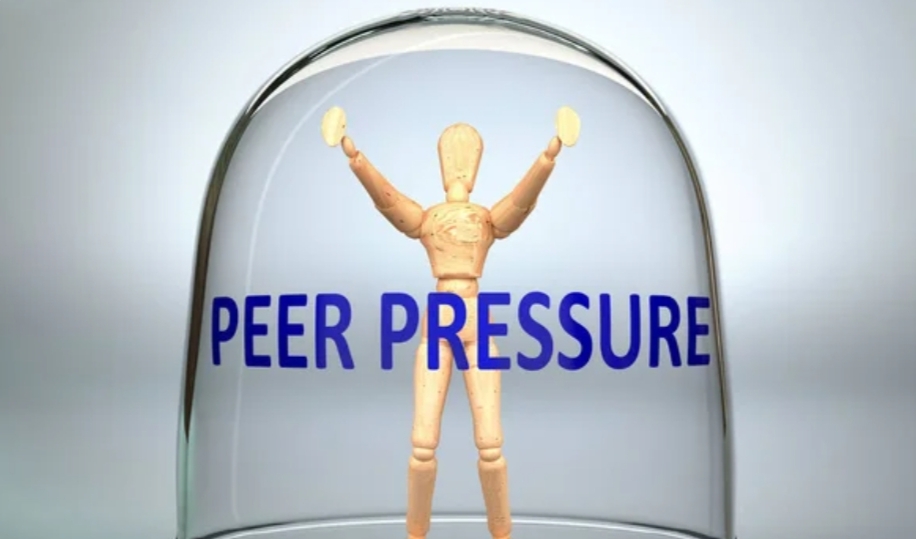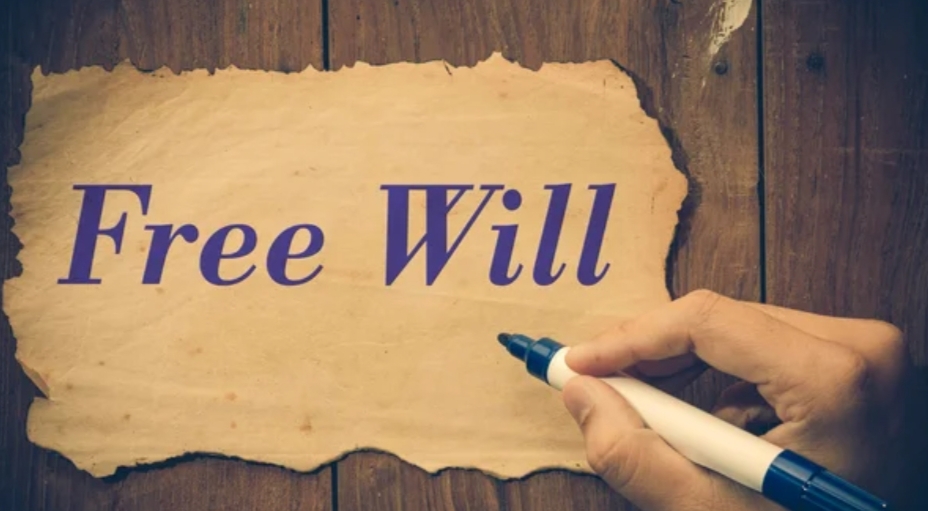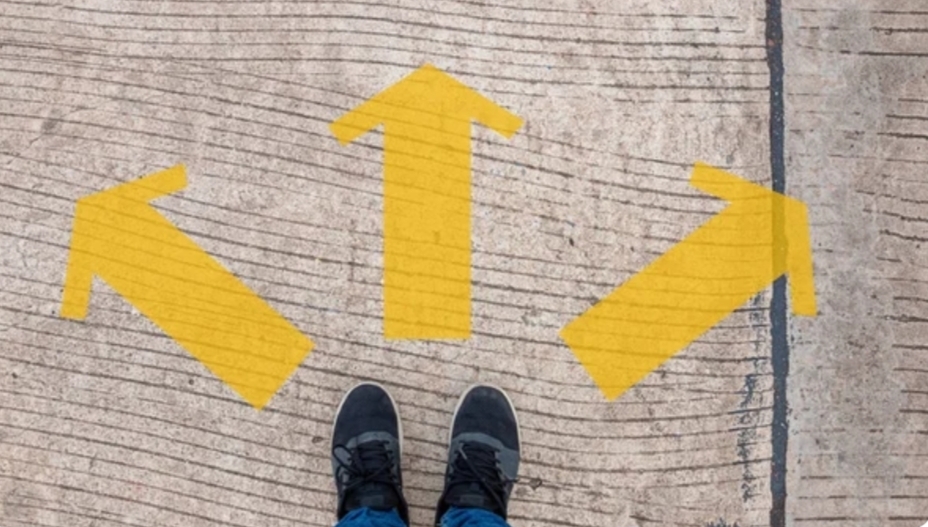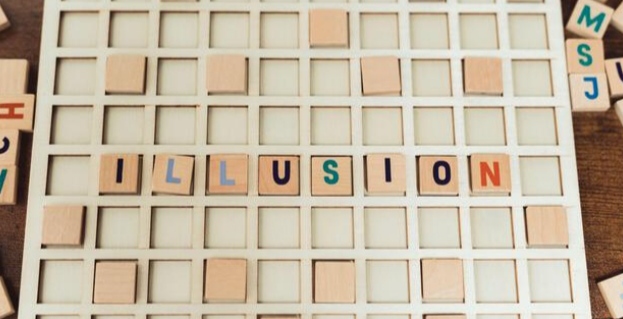
Peer pressure is a powerful force that can influence us to make choices—good or bad—simply to fit in with a group. While seeking acceptance is a natural human desire, succumbing to pressure can lead you down paths that conflict with your values, goals, and well-being.
Learning how to navigate and escape peer pressure is a crucial life skill that empowers you to be your authentic self. Here is an actionable guide on how to advocate for yourself and resist the urge to follow the crowd.
1. Know Yourself and Your Value
The strongest shield against peer pressure is a solid sense of self. When you are clear about who you are and what you stand for, it becomes much easier to say “no” to things that don’t align with your identity.
- Define Your Non-Negotiables: Identify the things you will not compromise on, such as academic goals, health habits, ethical boundaries, or personal safety. Write them down if it helps solidify them in your mind.
- Establish Your Goals: When you have a clear vision for your future, any activity that distracts or derails you (like skipping class or engaging in risky behavior) becomes easier to reject.
- Acknowledge Your Feelings: If a situation feels wrong, listen to that internal discomfort. Trust your gut feeling; it’s often a powerful indicator that you are moving against your own best interests.
2. Practice Saying ‘No’ with Confidence
The moment of pressure can be intense, but having a response prepared can make all the difference. Remember, you don’t owe anyone a lengthy explanation
Deliver your ‘No‘ confidently, using a clear voice and maintaining eye contact. Hesitation can invite more pressure.
3. Choose Your Peers Wisely
The environment you place yourself in is the single greatest predictor of the pressure you will face. Therefore, surround yourself with people who lift you up and respect your decisions.
- Seek Out Supportive Friends: Prioritize friendships with people who share your positive goals, encourage your healthy habits, and value your individuality.
- Evaluate Your Current Circle: Ask yourself: Do I feel good about myself when I’m around these people? Do they encourage me to break my boundaries? If the answers are negative, it may be time to create some distance.
- Be a Positive Peer: You can become a source of strength for others. By consistently making positive choices, you set an example and change the dynamic of your group.
4. Develop Resilience and Self-Worth
Peer pressure thrives on your fear of missing out (FOMO) and the need for external validation. Therefore, building internal resilience helps neutralize these fears.
- Reframe Rejection: Getting teased or excluded because you said ‘no’ is not a personal failure; it’s confirmation that you stood up for yourself. The temporary sting is far better than the long-term regret of violating your values.
- Understand True Friendship: A true friend will respect your decision, even if they disagree with it. Anyone who attempts to manipulate, ridicule, or threaten you into doing something is not acting as a friend.
- Focus on Internal Approval: Your worth is not determined by how many parties you attend or how much your peers approve of you. Build your self-esteem by achieving personal goals and living authentically.
Your Life, Your Choice
Escaping peer pressure is not about being a social outcast; it’s about being in control of your own life. It requires courage, self-awareness, and the ability to tolerate temporary discomfort for long-term well-being.
By defining your values, practicing confident refusal, and choosing supportive peers, you will successfully navigate social challenges and build a life that you are truly proud of.





